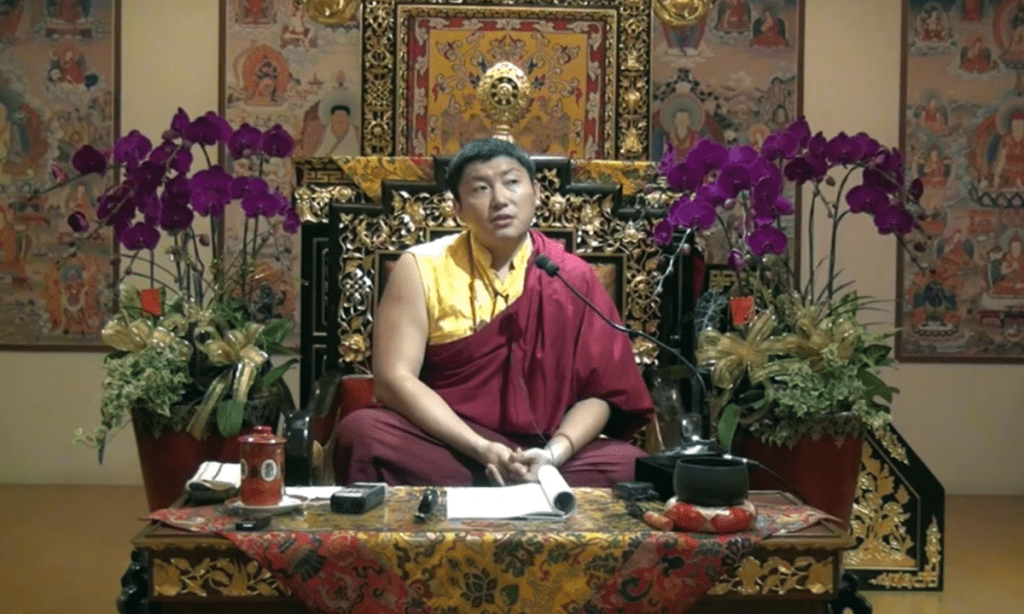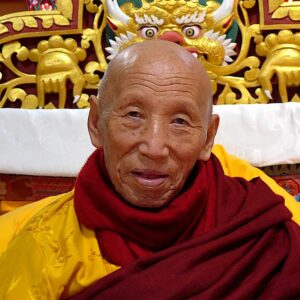Persistence in practice is something we often don’t talk much about. But when we develop persistence or diligence, it can make a big difference in our progress on the path. Phakchok Rinpoche, in this video clip from a teaching in Taiwan, has some advice for us. The teaching is in English with Chinese translation.
All of us come to the practice with different backgrounds. We have unique personalities and varied capabilities. Because of that, some of us learn meditation techniques more quickly or easily than others. Some of us take longer to understand. That is very normal.
Two Qualities
But, there are two important qualities we should have to be successful in practice.
1. First, we can try to understand. Try to know, “This is what I need to do!” We can have that important wish to understand, even if we don’t really get everything.
2. The second important quality is persistence or diligence. Keep trying! Trial and error are important, and never back up — just keep trying!
If you have these two qualities, there is a high possibility that you will succeed.
Persistence Like the Great Masters
Persistence in practice is obvious when we look at the great masters. When we look at past practitioners or Rinpoche’s own teachers, for example, such as Tulku Urgyen Rinpoche or Nyoshul Khen Rinpoche, they were all very consistent. These days, Rinpoche has learned from listening to our questions that we may have some difficulty here. It seems that many of us let our personal preferences color our practice. We tend not to try to do things that don’t come naturally. So we ask Rinpoche if we can do what we like best. Rinpoche reminds us that meditation is not “buffet style.” Even if we think we can’t do something, we do our best to be persistent. It is very helpful if we are diligent and if we just try to practice what we are taught, even if it is difficult.
Meditation is very interesting. Knowledge from books is really not so important. It doesn’t matter so much how many books you have read or how much you have studied. Instead, persistence in practice is most important!










Responses